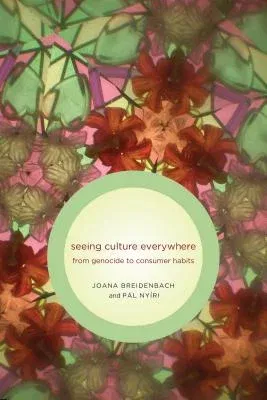Today's world is shaped by an obsession with cultural difference that
penetrates everyday life and matters of state in unprecedented ways.
Culture and cultural difference are commonly used to explain everything
that's in the news - from wars to economic development and consumer
behavior. This fuels the belief that our world is shaped by clashing
cultures, a view that is counterproductive when it assumes falsely that
culture is a timeless container that traps nations and ethnic groups.
Seeing Culture Everywhere challenges the misguided and dangerous
global obsession with cultural difference and directly critiques the
popular notion that world affairs are determined by essential
civilizations with immutable and conflicting cultures. The book offers
an alternative view of a world in which cultural mixing, not isolation,
is the norm, but where several historical trends have come together at
the beginning of the twenty-first century to produce the current wave of
"culture think." Brimming with concrete examples that move from genocide
in Rwanda to schools in Berlin, from the Chrysler boardroom to the war
in Iraq, it contemplates how ethnic identity can be mobilized in the
service of all kinds of goals - violent or nonviolent, laudable or
despicable - and the unintended effects such mobilization invariably
produces. The authors suggest ways to remain sensitive to the cultural
impacts of policies and decisions without falling into the traps of
determinism, essentialism, and misrepresentation.
Seeing Culture Everywhere will be useful in the fields of
anthropology, law, intercultural communication, and international
relations, as well as for general readers interested in ethnicity and
travel.

